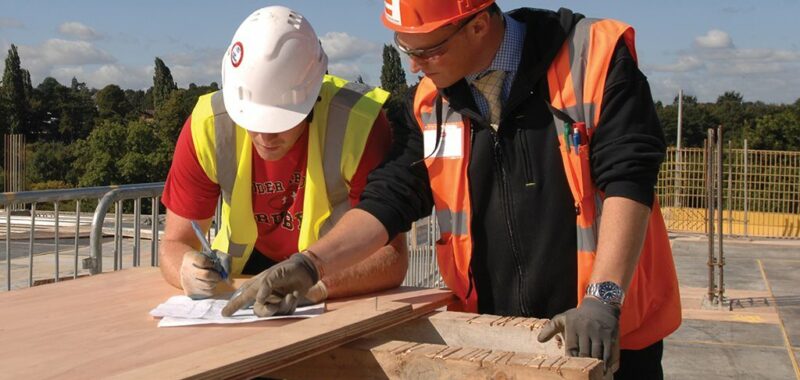The Construction Industry Training Board (CITB) has unveiled its latest business plan, envisaging more than £100m in the next 12 months to help the sector address its long-term skills crisis.
Published today (16 April), the 2025/26 plan represents the first phase of the CITB’s Strategic Plan 2025–29, which was drawn up following consultation with employers, training providers, and government.
It sets out practical steps the board will take to support recruitment, training, and retention across the industry.
The plan is built around three pillars: attracting more people into construction, improving the availability and quality of training, and raising the competence of the existing workforce.
In 2025/26, CITB will invest £101m, including £81m in grants to employers and £20m in targeted training programmes. It will also maintain a £25m reserve to manage fluctuations in demand.
Under the new plan, CITB will continue to fund over 40,000 industry placements for Level 2 and Level 3 learners, while expanding its New Entrant Support Team to assist employers with recruitment and placements. Apprenticeship grants and support for travel and accommodation costs will also be maintained.
The board will establish a new approved training provider network and work with devolved governments to align college provision and qualifications with industry needs. Competence frameworks and new routes to competence are to be rolled out, alongside localised Employer Networks to direct funding more effectively.
CITB chief executive Tim Balcon said: “To thrive, the industry needs the right skills at the right time. This Business Plan brings our new strategy to life, outlining the practical steps we will take to support employers.”
An additional £15m will be invested in the National Construction College’s three sites, expanding apprenticeship and commercial training capacity with a focus on sustainability and learner support.
The CITB warned that skills shortages remain acute across trades and technical roles, with demand expected to peak in 2027 as major infrastructure and energy transition schemes ramp up. The board is continuing a programme of internal reform, with a further £11m of operational savings planned by 2027 through automation and service changes.
Funding for CITB’s activities comes primarily from its statutory industry levy, which will be reviewed in a consultation later this year.
Source: CITB press release

